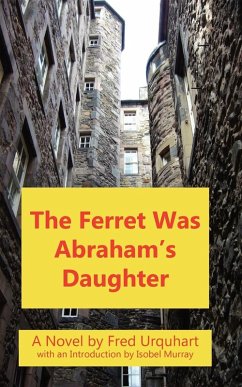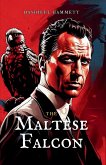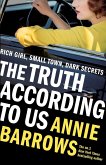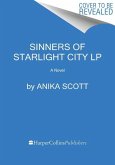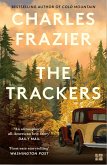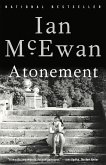The scene is Edinburgh, 1939. Lives are about to change. Blackout, bomb shelters, cinemas, dance halls, all call out to the girls and young women that life need not be dull. This book, set in one of the poorer areas, is full of the comedy and extraordinary dialogue for which Fred Urquhart is well known, and the Hipkiss family and its neighbours are foregrounded. But central is the imagination of young Bessie Hipkiss, aged fourteen, only just too old to be evacuated. Bessie's fantasy life as a princess of an exiled French Royal Family contrasts with the disappointing ordinariness of everyday, until she meets Lily McGillivray, only six months older, but already with peroxide and men on her mind. But when Bessie's mother dies her father expects her to raise the family. Life changes. Fred Urquhart (1912-1995) was born in Edinburgh and spent much of his childhood there, where his grandparents lived, and later he worked in an Edinburgh book shop for some years ('my university'). He is best known as a superb short story writer. When he began to write it was the heyday of short story magazines, and this was the only obvious way to earn a living as an author. He spent the war in the north-east of Scotland, a conscientious objector relegated to farm work: his stories of this are agreed to rival Grassic Gibbon and Jessie Kesson. But later he went to London, finding the louche world of Soho more to his taste than Edinburgh correctness. Later he lived in the country in a 'happy homosexual marriage' and he did not return to Scotland until 1991, after his partner's death. "The Ferret Was Abraham's Daughter" (1949) and "Jezebel's Dust" (1951) are his two great novels of Edinburgh's poorer citizens in wartime. Isobel Murray is Emeritus Professor in Modern Scottish Literature at the University of Aberdeen. Recent publications include new editions of Naomi Mitchison and Jessie Kesson, and "Scottish Novels of the Second World War", which has chapters on them, on Urquhart, and Linklater, Jenkins, Spark, Hood and Mackay Brown, as well as a new edition of her biography, "Jessie Kesson: Writing Her Life."
Bitte wählen Sie Ihr Anliegen aus.
Rechnungen
Retourenschein anfordern
Bestellstatus
Storno

